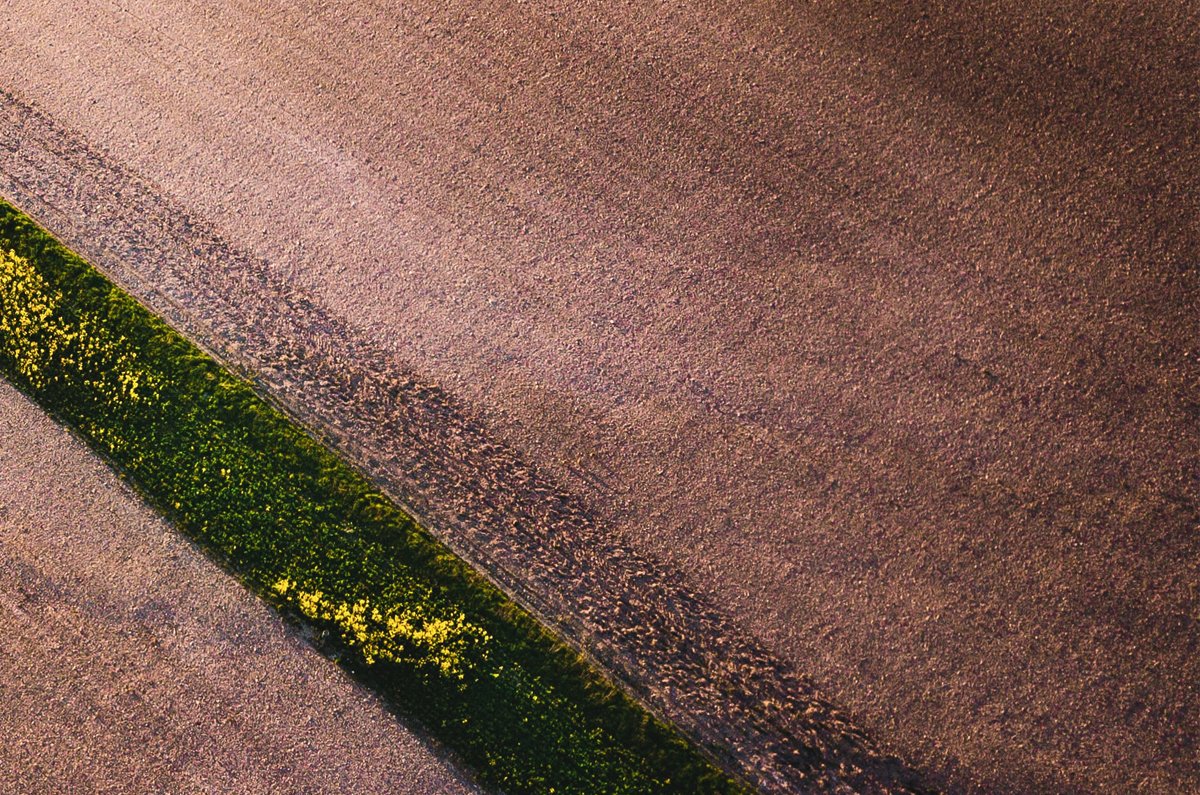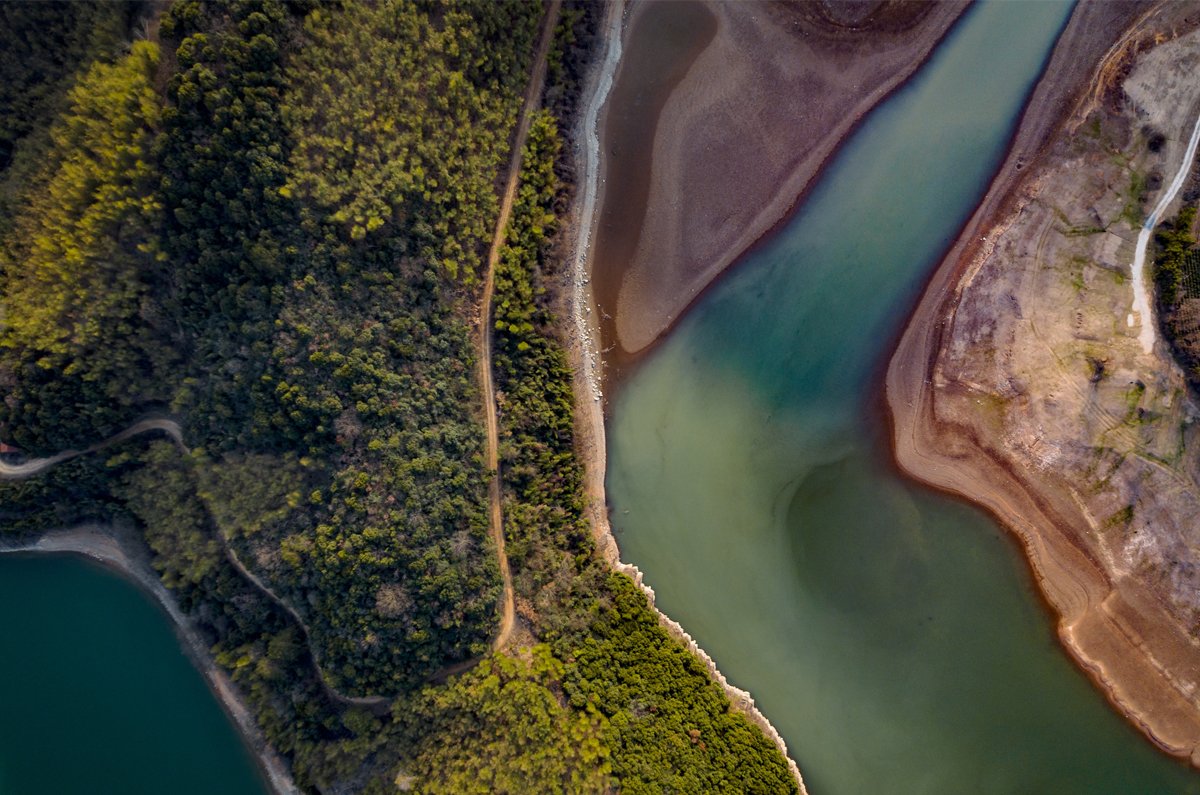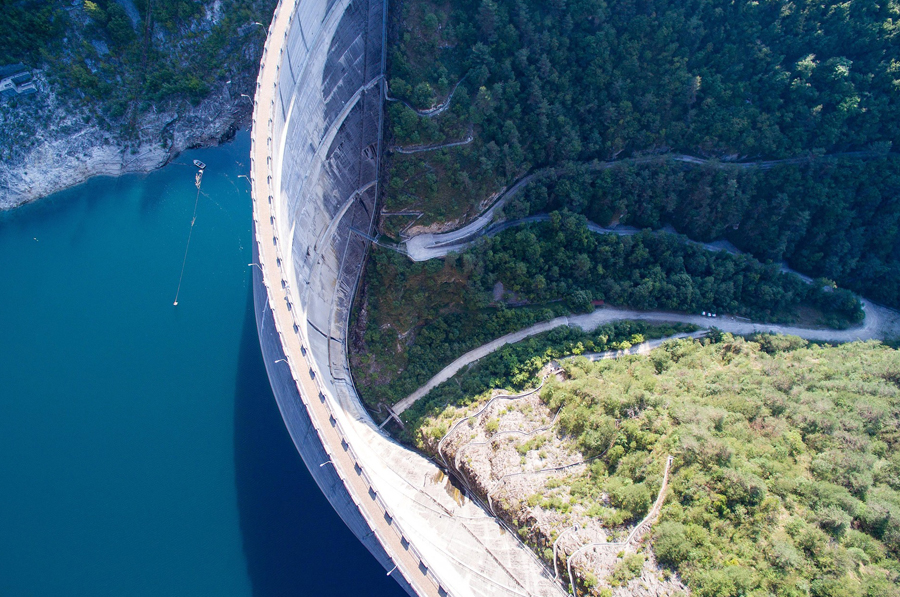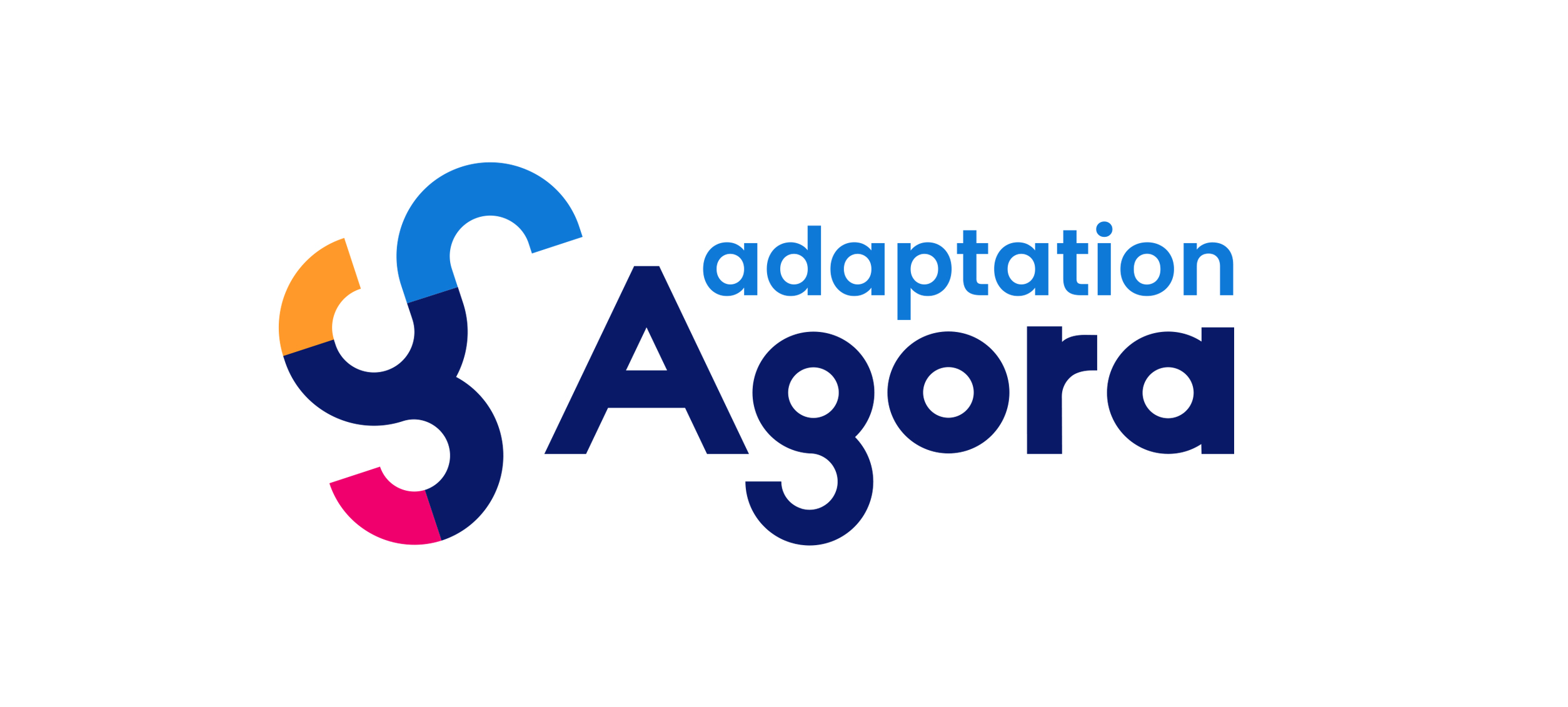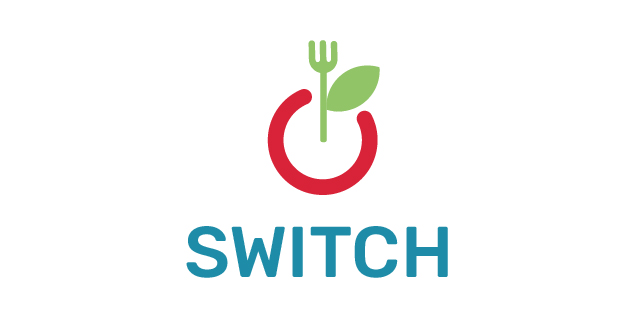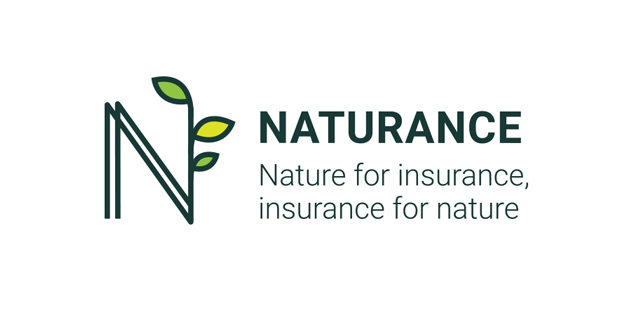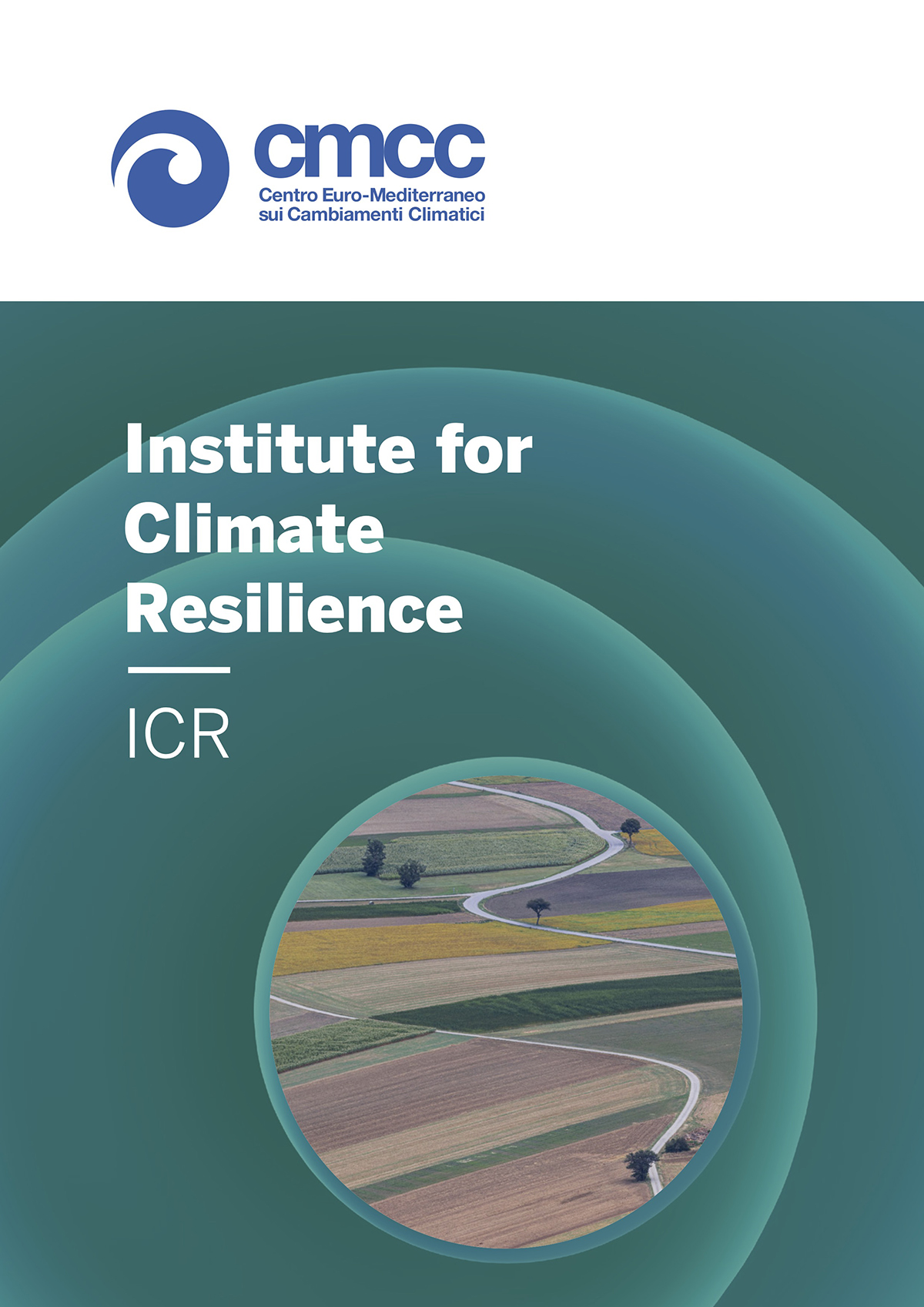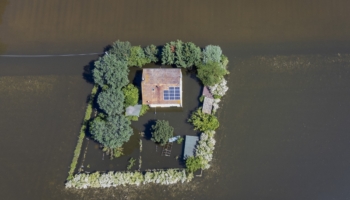The Institute for Climate Resilience (ICR) at CMCC is deeply engaged in transdisciplinary research at the intersection of climate, ecosystems, and society, to support operational (shorter term) to strategic (longer term) decisions, planning, and investments towards climate-resilient development with science-driven insights.
Resilience encompasses the coping capacity of systems to resist against shocks or recover after disturbances, as well as their ability to adjust and transform under changing conditions to either maintain current development trajectories or undertake new ones. This also involves synergistic mitigation, disaster risk reduction and adaptation pathways.
Lying on these foundations, the strategy of ICR is evolving to ensure we stay agile in a rapidly changing climate and societal landscape. The strategy aims at strengthening three critical frameworks: conceptually, we will refine and balance how holistic resilience is addressed across different components and sectors; thematically, we will prioritize missing or emerging climate-connected issues; methodologically, we will explore innovative approaches and technologies – like Artificial Intelligence and Earth Observation – to analyze and simulate compound phenomena.
ICR Activities
At ICR we capitalize on, and continuously advance, data, methods, models, and tools developed over the years and exploit observations and measurements deriving from multiple platforms and processing methods, towards a digital representation of Earth and human systems’ components. We formulate, evaluate, and disseminate rigorous results to inspire new scientific questions, benefit society, and guide policy. This includes: i) investigating regional to local, including urban, climate change, variability, and extreme events; ii) deepening knowledge of interrelated climate-driven hazards and cascading impacts at multiple spatio-temporal scales; iii) quantifying feedback among climate, terrestrial to coastal ecosystems, and human systems; iv) combining climate and non-climate drivers with societal, technological, infrastructural exposure and vulnerability aspects for comprehensive risk assessments; v) bridging top-down (science-driven) and bottom-up (user-driven) approaches to translate complex data into actionable information and co-design innovative solutions with stakeholders; vi) providing advice and building capacity for policy makers to support their decisions and interventions effectively, even in the face of uncertainty, and promote climate resilient and sustainable development.
In pursuing its scientific vision and ambitious goals, the ICR and its Research Divisions align with the CMCC mission, ensuring that approaches, data, and software adhere to the overall Foundation’s strategy in the context of open science principles.
ICR People
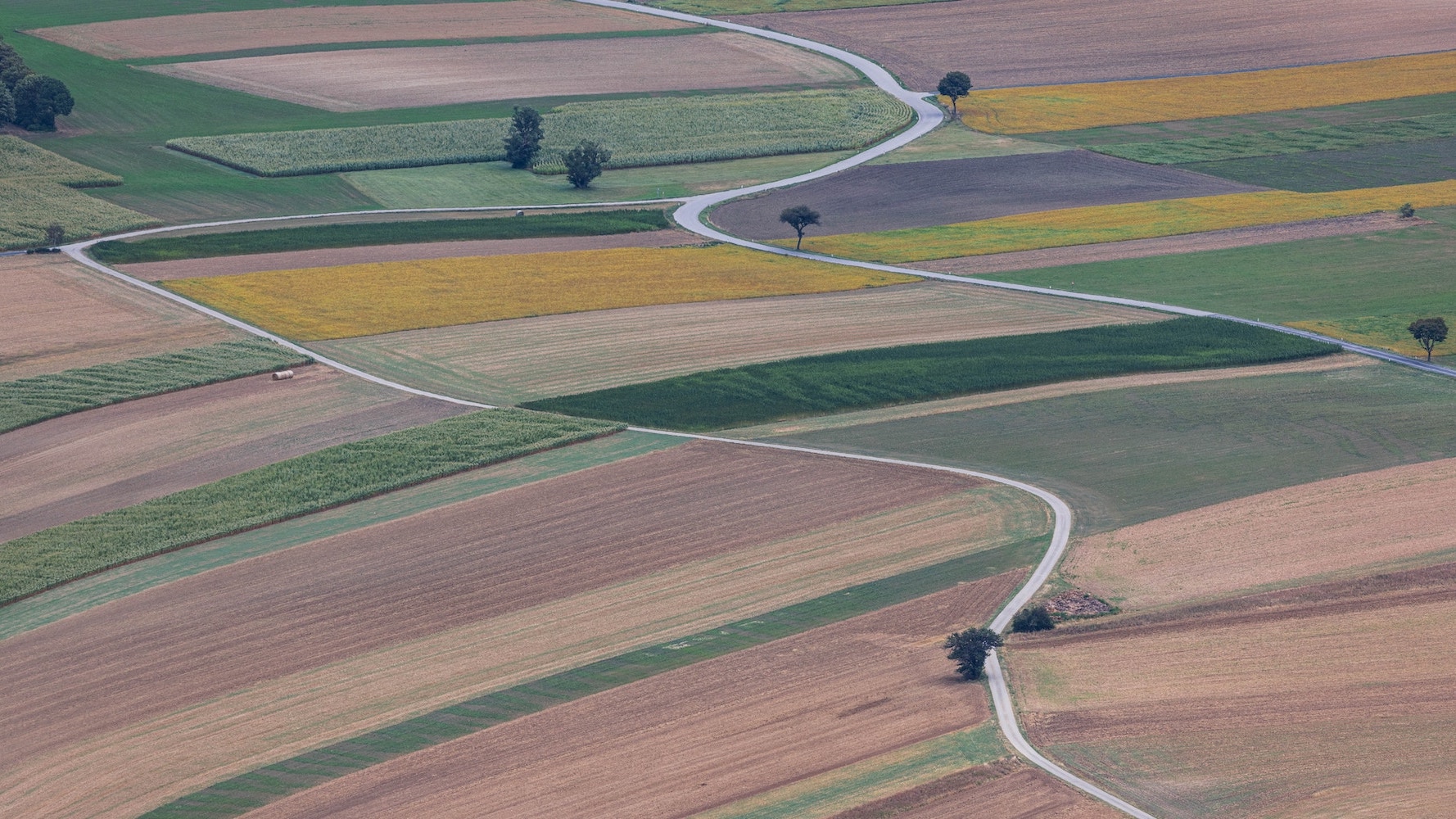
ICR Topics
The ICR institute conceives, develops, and applies advanced monitoring and modelling approaches, assesses present and future risks, and delivers effective, systemic, and transformative solutions to build science-based climate resilience. The Institute’s scientific activities can be broadly grouped into three interconnected areas:
Climate–Earth–Human Feedbacks – In this area, which is closer to fundamental research, we focus on advancing knowledge of the interactions among climate, Earth, and human systems.
From Climate Hazards to Risks – Building on the improved understanding above, this area moves toward applied research. We implement findings along the modelling chain from hazards to risks, support downstream services, and actively engage users to raise awareness and foster co-design.
Solutions for Resilience – Here, we study real-world resilience solutions by considering a wide range of interconnected aspects—technical, institutional, financial, cultural, and social.
Climate-Earth-Human Feedback
Climate Change Drivers from Natural, Semi-Natural and Human Systems
This research area aims at identifying, understanding, and quantifying the factors that drive climate change, particularly the emissions of greenhouse gases (GHG) of land-based sectors. It analyses the impact of natural to seminatural land cover/use and human managed systems and production chains (agri-food sector, forestry industry, rural to urban settings) on the carbone cycle. Advanced tools such as modeling and monitoring technologies, including Earth Observation, are used to track and predict emissions from diverse sources, finally identifying effective strategies to mitigate climate change.
Climate Change Impacts on Natural and Managed Ecosystems
This research area explores the effects of changing climate trends, variability and extreme on natural, seminatural and fully managed (terrestrial and aquatic, inland to coastal) ecosystems. Data-driven to physically based to hybrid techniques are exploited. This enhances past to future simulations of ecosystem dynamics under coupled climate, land use, and socioeconomic drivers. Outcomes inform ecosystem services, biodiversity, and environmental health assessments, supporting proactive policy and adaptation strategies and plans.
Climate Change Impacts on Anthropic Environments and Man-made Systems
This research area investigates and adopts cutting-edge approaches, integrating physical modeling with data-driven techniques and continuous monitoring, including Earth Observation, to reproduce the impact of long to short term climate regime on human environments and systems (urban areas, infrastructure). Through a co-design process, key stakeholders are actively engaged, tailoring solutions to specific sectors and contexts. This advances traditional impact analysis towards a more comprehensive and robust decision-making.
Impacts of Climate Events on Socio-Economic Resilience
This research area examines the economic and social impacts of climate related slow and rapid onset events, focusing on both the costs and the broader effects on communities and social structures. Disruptions in key sectors like agriculture, infrastructure, and insurance are quantified, while also exploring how climate risks intensify social inequalities, disrupt livelihoods, and drive choices and decisions. It offers policy recommendations to enhance resilience in the context of broader sustainable development.
Climate Hazards to Risks
High Resolution Climate/Weather Modelling
Downscaling and bias-correction are key for reliable climate forecasts and projections, especially in orography and land-use complex regions. This research area combines numerical approaches based on limited-area modelling, statistical methods, artificial intelligence, and satellite to in-situ data to develop models, run simulations and deliver data at very fine spatial resolution (km and finer) and time step (sub-hourly). Capturing very detailed dynamics in climate trends, variability and extremes better support climate-informed decisions.
Climate Hazards
This research area quantifies – from downscaled climate projections and/or observations – short to long term, rapid to slow onset, climate-related hazards such as meteorological, agroecological and hydrological droughts, pluvial floods, windstorms and hailstorms, wildfires. Simple to compound indices or indicators are adopted, and then hazards analyzed through methods spanning from physical, to data-driven to hybrid techniques. This supports operational to strategical planning horizons to reduce climate-driven impacts and risks for natural to human systems.
Risk Analysis and Assessment
This research area develops adaptive climate risk assessment frameworks that address both single and compound risks. Besides traditional approaches, an innovative concept is the “multi-risk”, examining how different hazards interact and amplify one another, leading to cascading impacts on ecosystems, communities, and economies. By integrating Artificial Intelligence and data analytics, more precise and timely assessments are provided, vital to boost resilience and inform effective climate risk policies.
Science-User Interface and Cooperation
This research area explores how to improve the interaction between research and the needs of policymakers, stakeholders, and society to address the intricated challenges of climate and sustainable development. It aims at delivering innovative tools, participatory processes and methods to facilitate communication, collaboration between scientists and users for more science driven decision-making. This in the way towards mainstreaming the integration among resilience and sustainable development and support for strategical planning.
Downstream Services
This research area develops advanced information services to support risk reduction, adaptation and mitigation choices. Observed and simulated data – from climate to impact to risk assessments – are integrated with techniques for data management, enhancement and customization. Information will be accessible through platforms – in the form of Decision Support Tools or Systems – with tailored interfaces, enabling users to respond to evolving contexts, bringing tangible impacts. Analyses to foster climate services uptake, transformative services and business innovation are also provided.
Solutions for Resilience
Institutional and Social Solutions towards Resilience
This research area examines how innovative policies, governance structures, and community practices can be designed to foster climate resilience. It investigates adaptive governance and risk management frameworks that promote cross-sectoral and cross-regional collaboration in the face of complex, interconnected risks and new ways to empower local communities with participatory decision-making, enhancing both risk preparedness and prevention.
Technical Solutions for Resilient Resources and Systems
This research area focuses on climate-proofing design for the built environment and infrastructure, as well as land-use planning. It requires systemic approaches that foster synergies between mitigation practices and adaptation measures (grey, green, and blue). The work draws on an improved understanding of interactions among ecosystem components (soil, vegetation, water), alongside updated knowledge of structures, materials, procedures, and standards. The aim is to move beyond siloed approaches, encouraging collaboration and integration across technical disciplines to achieve optimal solutions for climate resilience while also pursuing environmental and socio-economic sustainability.
Risk and Adaptation Governance
This research area centers on understanding and enhancing the governance systems – formal and informal – that shape society’s capacity to manage climate risks and adapt to climate change. It focuses on analyzing policy effectiveness, stakeholder engagement, regulatory frameworks, and monitoring systems to comprehend and improve governance models. It aims to develop adaptable and resilient pathways that support more sustainable adaptation at local, national, and global levels.
Social Dynamics and Incentives for Resilience
This research area explores how societal acceptance of new policies, practices and technologies can be encouraged through incentives and understanding of public perceptions. It involves the application of computational social sciences to analyze psychological, social, and cultural factors influencing individuals’ and communities’ risk and adaptation behaviors. With a focus on a just transition, it aims to ensure that shifts toward sustainability are equitable and inclusive.
Financing Systems for Climate Resilience
This research area examines how diverse financing and investment strategies, including insurance, Nature-Based Solution (NBS) funding, and public-private partnerships, can be designed to strengthen resilience, incentivize adaptation and foster climate-focused business innovation (e.g., green technologies, sustainable agriculture).
ICR Publications
Land suitability for viticulture under present and future climate conditions: Sardinia as a regional case study
Serra E., Debolini M., Giuliano G., Barbato G., Adinolfi M., Marras S., Mercenaro L., Trabucco A., Mereu V., Fraga H., Spano D.
2025, Italian Journal of Agronomy, doi: 10.1016/j.ijagro.2025.100068
Nexus approach to enhance water-energy-food security and ecosystems resilience under climate change in the Mediterranean
Drobinski P., Rivera Ferre M. G., Abdel Monem M., Abu Hatab A., Behnassi M., Chfadi T., Cramer W.,Debolini M., et al.
2025, npj climate action, doi: 10.1038/s44168-025-00308-4
Integration of sentinel-2 data into the SIMETAW model for assessing irrigation water requirements and evapotranspiration
Rouault P., Courault D., Flamain F., Pouget G., Doussan C., El Hajj M. M., Al-Mashharawi S. K., McCabe M., Debolini M.
2025, Agricultural Water Management, doi: 10.1016/j.agwat.2025.109637
ICR Booklet
Discover the work of the Institute for Climate Resilience as it tackles key challenges in climate risk and adaptation.
Take a closer look at the Institute’s approach to assessing climate impacts on natural and human systems to ensure long-term resilience, through nature-inspired solutions and informed governance.



